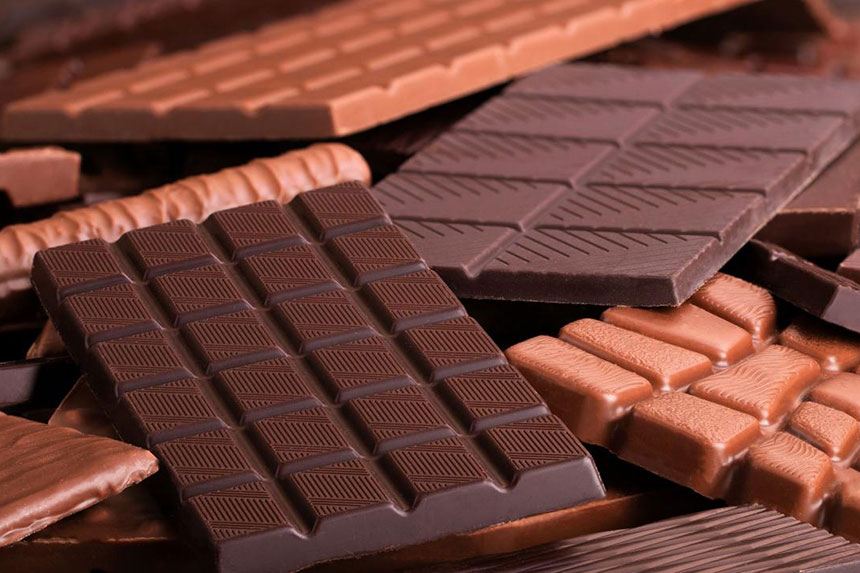Caffeine

Caffeine’s relationship with migraines is nuanced. On one hand, consuming too much caffeine or suddenly reducing intake can lead to migraines or headaches. This stimulant, found in coffee, tea, and chocolate, has a complex effect on the brain’s blood vessels, potentially triggering pain. On the other hand, caffeine has been recognized for its ability to alleviate migraine symptoms for some, acting as a component in certain migraine medications due to its vasoconstrictive properties.
This means that while it can help abort a migraine attack when used sparingly, regular or excessive consumption might increase the frequency or severity of migraines for some individuals.
Interestingly, caffeine’s dual role as both a potential trigger and a remedy highlights the importance of moderation. For those sensitive to caffeine, even small amounts found in chocolate or tea can be enough to provoke a headache. However, for occasional sufferers, a moderate intake of caffeine can provide significant relief from migraine symptoms, underscoring the complexity of individual responses to dietary triggers. [1]
Chocolate

Chocolate, loved by many for its rich flavor and mood-boosting properties, contains caffeine and beta-phenylethylamine, substances that may provoke migraines in some people.
With an estimated 22 percent of migraine sufferers citing chocolate as a trigger, it stands out as a significant dietary factor. The presence of these compounds, along with other naturally occurring substances in chocolate, may contribute to its potential to trigger migraine episodes by influencing vascular changes or neurotransmitter activity in the brain.
The widespread affection for chocolate makes it a tough trigger to avoid for those who are susceptible. However, understanding the potential for chocolate to provoke migraines can help individuals make informed choices about their consumption, balancing enjoyment with the need to manage migraine risks. [2]





